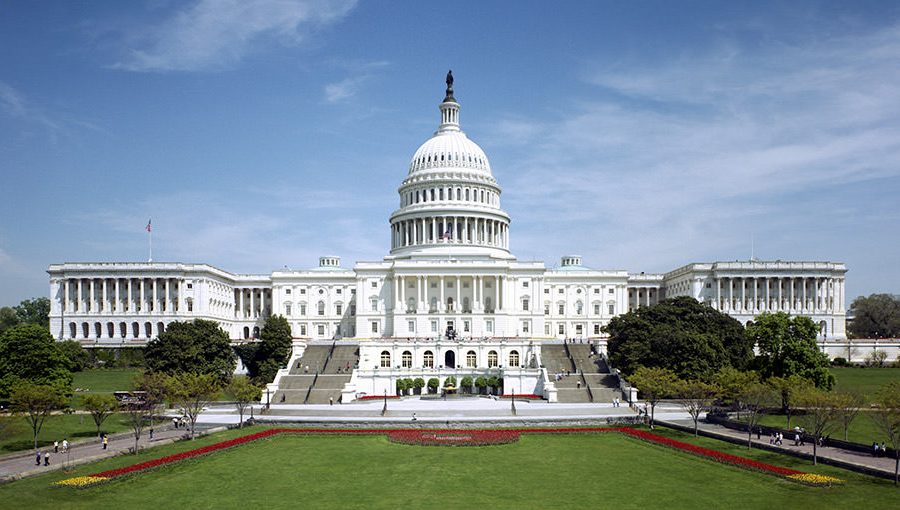T-Band auction officially repealed as spending package becomes law
President Donald Trump this week signed into law an omnibus funding package that includes language repealing a mandate for the FCC to auction T-Band spectrum, solidifying use of the 470-512 MHz airwaves for public-safety and enterprise LMR networks.
Trump signed the $1.4 trillion omnibus bill—as well as $900 billion COVID-19 relief measure—into law on Sunday after indicating that he might veto the legislation just days earlier. While the primary goal of the omnibus spending package was to fund federal-government agency’s activities for most of 2021, the measure also included language that repealed a 2012 mandate requiring the FCC to begin an auction of T-Band spectrum in February.
Public-safety representatives have opposed the auction of the T-Band spectrum from the day Congress passed the 2012 law, which is part of the same the Middle Class Tax Relief and Job Creation Act that established the FirstNet Authority and allocated 20 MHz of 700 MHz broadband spectrum to the organization. T-Band airwaves are former TV broadcast airwaves used by more than 900 public-safety agencies to support some of the nation’s busiest LMR networks in 11 of the largest U.S. metropolitan markets.
For years, there has been consensus agreement throughout the federal government, public safety and the commercial-wireless industry that a T-Band spectrum auction would not be successful. FCC Chairman Ajit Pai issued a statement that a T-Band auction would be “bound to fail” when Congress last week passed the omnibus bill with the language to repeal the auction mandate.
Indeed, there is no adequate spectrum to relocate public-safety T-Band networks in Boston, Chicago, Los Angeles, New York and Philadelphia, according to a June 2019 report from the Government Accountability Office (GAO). Even if spectrum was available to relocate these and other systems to clear T-Band spectrum for auction, most wireless-industry analysts have indicated that an auction of the non-contiguous airwaves would not generate enough revenue from winning bids to pay for incumbent relocation.
In addition, the language in the 2012 law mandating a T-Band auction did not even acknowledge the existence of the numerous business and industrial licensees that operate LMR communications system in the band. However, these enterprise licensees have been subject to a FCC-imposed “freeze” prohibiting T-Band licensees from upgrading or expanding their LMR systems for more than eight years.
With this in mind, the Enterprise Wireless Alliance (EWA) this week submitted a request to the FCC outlining the manner in which it believes the agency should lift the freeze. Under the EWA proposal, the FCC would let incumbent business/industrial licensees exclusively apply submit applications for a 60-day window—effectively allowing existing T-Band systems to be upgraded or expanded—before the band would be open to activity from all interested business/industrial entities.
“The Enterprise Wireless Alliance (“EWA”) urges the FCC to lift the T-Band Freeze as promptly as possible, but to do so in a way that allows T-Band incumbents the opportunity to implement system upgrades and expansions that have been denied them for almost a decade before opening this spectrum to new entities,” according to the EWA filing.
“T-Band incumbents have suffered the consequences of a nearly decades-long application freeze that has significantly impacted both private internal communication systems and private carrier systems that serve a multitude of entities. Under any fair and equitable policy premise, prior to new entrants, they should be afforded an opportunity to institute necessary upgrades to their communications facilities, as they have borne the brunt of the economic and operational consequences of this nearly nine years of enforced stasis.”
EWA’s filing notes that its recommendations are limited only to incumbent business/industrial licensees that use the T-Band airwaves.
“The public-safety community may prefer a different approach for public-safety licensees,” the EWA filing states in a footnote.















